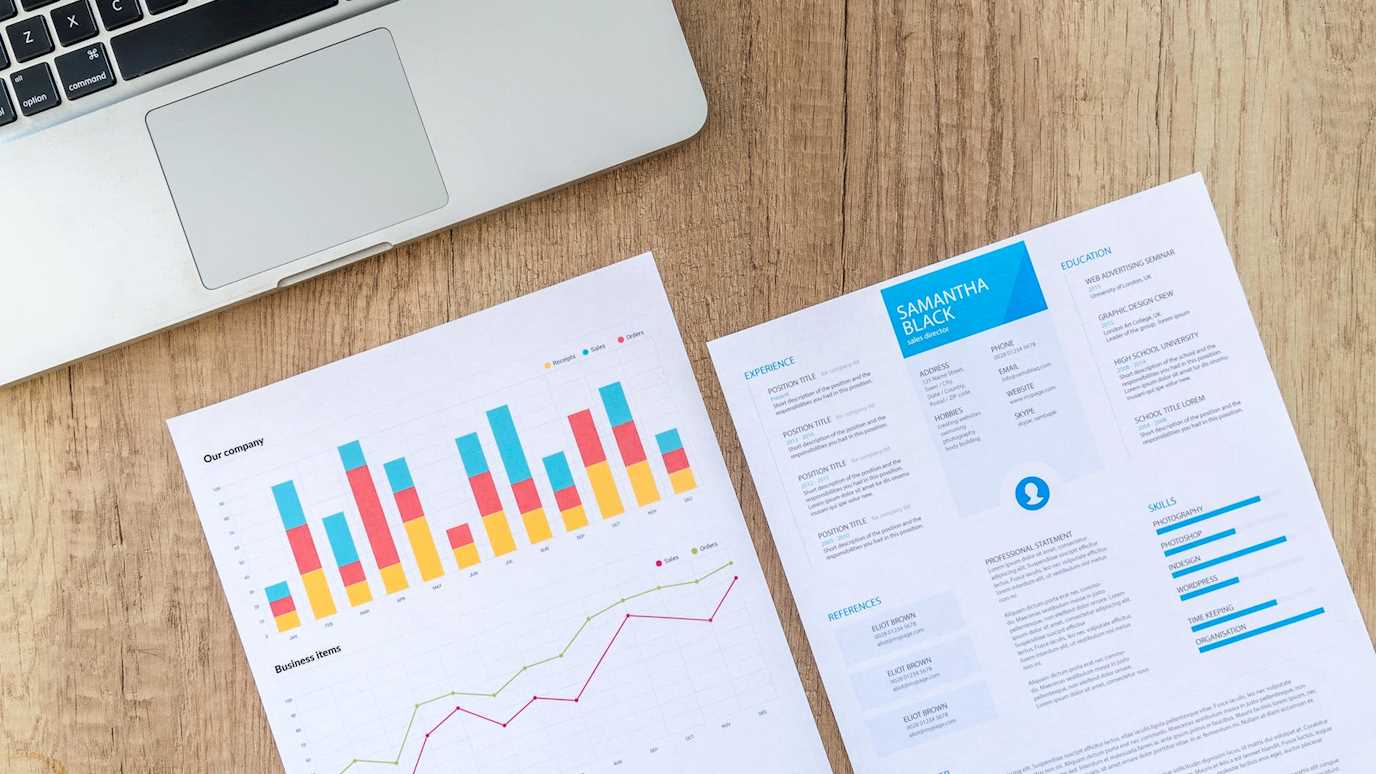A small postgraduate community with a big footprint
We offer a small, well-supported program that leads to great careers in academia, the public sector, and private industry.
Our academic staff is well-known for work in theoretical and applied microeconomics, macroeconomics, labour economics, development economics, and experimental economics and can offer supervision in all main fields of the discipline. Furthermore, many of our staff pursue multidisciplinary topics in collaboration with colleagues from the Computer Science and Psychology departments, among others (e.g. see here).
Below you can find information about the programme structure, our research community, how to apply, fees and funding, and recent placements.
If you have questions, feel free to email the PhD Director Manolis Galenianos (manolis.galenianos@rhul.ac.uk).
Key Information
PhD News
David Levine joined our department in autumn 2023! He will be leading the Social Norms Project which is funded by the Leverhulme Trust.
Scott Cunningham (Baylor University, US) gave a 2-day workshop on Causal Inference in June 2023.
Congratulations to our PhD student Grigory Aleksin who was awarded a SeNSS scholarship for 2023-2025!
Congratulations to Daim Syukriyah who is starting her PostDoc at the University of Exeter in autumn 2023!
We held our annual PhD Conference on May 9th, 2023. Congratulations to all presenters!
Programme Structure
The PhD programme at the RHUL Department of Economics lasts four years (eight years for part-time students) and aims to train economists that conduct high quality and independent research. Students typically start their studies in September, but it is also possible to start in January or April.
Students start at MPhil status. In the first year, students begin to work on their research and take compulsory PhD courses. The PhD courses provide advanced economics training and are taught by academic staff at Royal Holloways and partner universities (currently, City and Birkbeck).
In the second year, students need to complete their first research paper, provide a plan for the rest of their thesis, and present their work to the department at the PhD seminar or the PhD conference (see Research Community below). At the end of the second year, students’ progress is assessed by their supervisors and PhD director and a decision is made on whether they can upgrade to PhD status. In the event of two unsuccessful upgrade attempts, the student might graduate with an MPhil, subject to fulfilling the relevant requirements.
The remaining two years of the programme are fully devoted to research and, by the end of the fourth year, the student should have completed three research papers. At the end of the four years, the student submits the thesis and the viva (PhD defence) takes place.
Further information on the PhD programme and procedures:
PGR Economics Procedures for Annual Reviews and Upgrades
For further information and forms see: Annual Reviews and Upgrades Home and PGR Forms
Additional Training
In addition to compulsory courses, there are many optional opportunities for further training.
Our PhD Students can attend for free courses that are offered through ShOT/SEDOT, a network of universities sharing doctoral training in economics: see here for information.
PhD students are encouraged to take advanced PhD courses in their field that are offered by other London institutions (the PhD director can help organise this). External summer schools or workshops might be funded by the Department according to individual students’ specific research needs. Finally, generic research skills training is provided at the College level.
Further information on training:
Research Community and PhD Events
Being a PhD student at the Department of Economics, you become an integral part of our research community. Research activity is organised around the main research centres: CREEd (economics of education), EcHo (applied economics), MaLEc (macroeconomics and labour economics), MaTE (economic theory) and RIDE (econometrics).
PhD students participate in the department’s research life in many ways:
The department organises PhD seminars during the academic year and an Annual PhD Conference every spring. These events offer our PhD students the opportunity to present their work in a familiar environment and to obtain feedback from colleagues outside their supervisory team.
The department invites external speakers from other universities and research organisations to present their work during our weekly research seminars. Our PhD students are invited to attend and participate in these seminars and are encouraged to meet with the speakers to discuss their own research.
The department provides funds for PhD students to present their work at conferences, such as the Royal Economics Society or the European Econometric society yearly conferences.
Finally, PhD students can also engage with the inter-disciplinary research activities organised by the Doctoral School at Royal Holloway (such as Research Community Hub, Interdisciplinary RHUL PhD conference, etc.).
How to Apply
To apply to our PhD programme, you need to complete an application form and submit all relevant documents through the university’s online application system.
Applications are reviewed by the Department’s academic members of staff. Decisions are made on merit and on finding a supervisor who is willing and able to advise the applicant. You can find more detailed information on our academic staff members here and information for their recent publications and research interests here.
The key requirements for an application are:
- Completion of MSc/MA in economics
- Indicators of academic performance, such as grades, reference letters, research thesis at previous degrees etc.
- A research proposal, that describes the topic that you are interested in exploring and that can be used to determine your broad interests. Your proposal is not binding and, if accepted to the programme, you will have opportunities to refine it together with your supervisors.
The proposal should be approximately 2,000 words and include:
-
- A description of the question to be addressed and why it is important
- The methodology and (for applied work) data sources to be used
- The structure and timeline of the thesis
Research Topics
We list some research topics that academic staff members are interested in supervising. This list is indicative and applicants should feel free to submit research proposals on different topics.
Military service and social cohesion in Europe: In our increasingly diverse society, the importance of social cohesion cannot be overstated. This project aims at exploring the effect on social cohesion of a particular policy that has been crowded out in most modern countries: the military service. Previous studies have shown that military service served to create a national identity. We would like to look across the European context how the removal of this institution has affected national identity.
Inclusive Higher Education: Students of differing backgrounds (social class, gender, ethnicity, sexual orientation, gender identity,) have different experiences in school that carry over to their university education. How do these demographics impact on the choice of subjects and university? How do they affect performance at university and post-university, and in the early stages of building a career? There is now more data available to explore these issues. The methodology used should extend to an understanding of higher education finance and structure, and should encompass theoretical modelling as well as data analysis.
Language and Economic Behavior: This project focuses on the intricate relationship between language and economic decision making, employing formal logical tools, computational methods, and experimental and psychological frameworks. It aims to decipher how a decision maker's language, knowledge, and awareness influence her decision-making, bridging the gap between the natural language descriptions of decision problems and the cognitive models a decision maker uses to understand them. By understanding how language influences economic decision-making, strategies can be developed to mitigate biases and polarization of beliefs, and better understand the reasons behind empirical deviations from rational behavior.
Fees and Funding
FEES: PhD students need to pay tuition fees during the four years of the PhD programme.
In the initial three years, the annual fees depend on whether the student is a UK resident (“Home” fees) or not (“Overseas” fees, approximately 4 times higher than Home fees). The exact fee amounts are listed here.
The fourth-year fees (“writing-up fees”) are the same for Home and Overseas students and are considerably lower, currently £460 for the full year (see here).
FUNDING: The Department of Economics and the School of Law and Social Sciences (LSS) allocate scholarships to PhD students based on academic merit. These scholarships cover tuition fees and provide an annual stipend to PhD students for their living expenses. Some of these scholarships might involve students working at the department to support teaching or research.
Royal Holloway, University of London is a partner institution in the South East Doctoral Training Arc (SEDarc) Doctoral Training Programme which is funded by the Economic and Social Research Council (ESRC). SEDarc provides several student-led scholarships each year on a competitive basis. More information about SEDarc can be found here.
For more information, please see our webpages on fees, and funding
Placements
The department actively supports the placement of PhD graduates in positions at universities, research institutes, government agencies, and private corporations. Examples of recent placements include the London School of Economics, Northampton University, University of Stirling, Cardiff Metropolitan University, Max Planck Institute (Bonn, Germany), EBRD, NIESR, and Institute for Employment Studies.
See more information about placements on the PhD Job Market.
What our students say
Alexander Vickery
PhD Economics, 2021
“I chose the doctoral programme at the Department of Economics at Royal Holloway as the department is home to the Economics of the Household (EcHo) research centre, which includes a group of internationally established researchers working on models of household behaviour. The faculty has extensive experience of publishing research at top international journals and engaging with the centre’s staff and activities has provided me with invaluable experience, comments and feedback. I have also benefitted massively from engaging with the academic visitors and with the invited world class seminar speakers.”
Claudia Cerrone
PhD Economics, 2016
"During my time as a PhD student in Economics at Royal Holloway, I received continuous feedback both from my supervisors and other faculty members. The annual PhD conference and the PhD seminars provided useful opportunities to present early stages work in a familiar and supportive environment."
Claudia Cerrone is now a Senior Research Fellow (Post-Doc) at Max Planck Institute for Research on Collective Goods.























